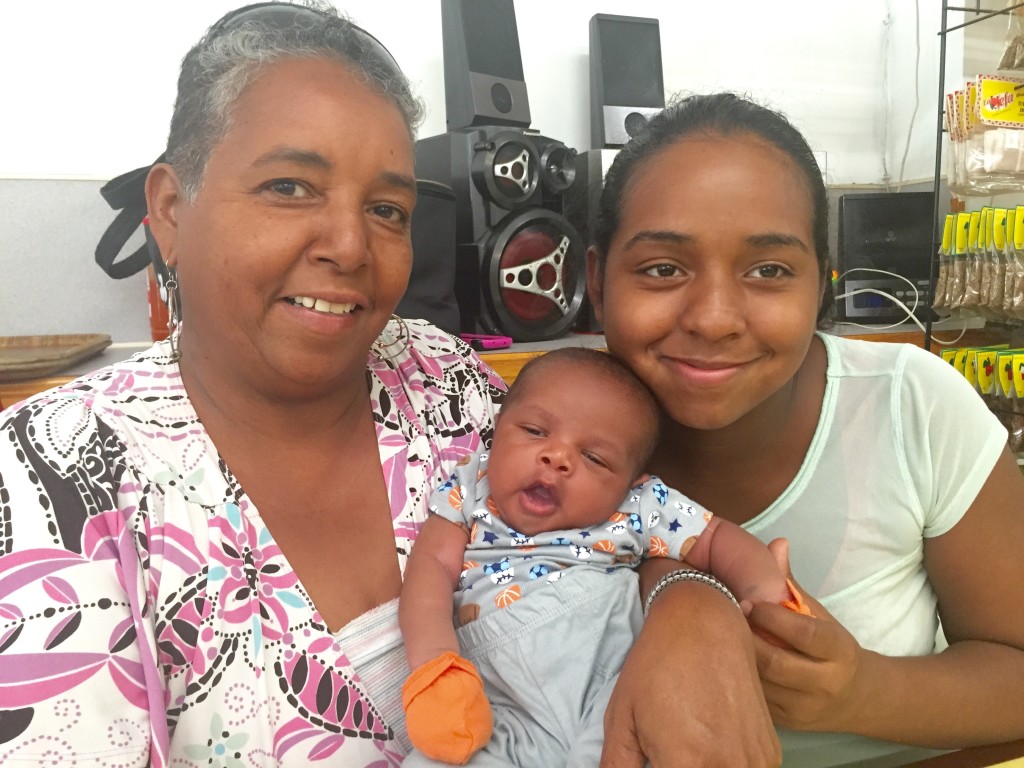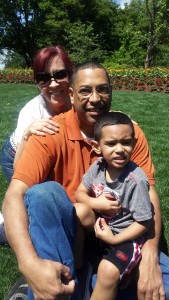In just a few short decades, one in five U.S. residents will be an older adult. This is an incredible demographic shift for U.S. society and it has implications for every aspect of U.S. life. As advocates for, and experts of, the senior community, we discuss a lot of those implications. We talk about needed services for our nation’s seniors and the current lack of quality, affordable, senior appropriate housing stock. We talk about the unacceptable levels of hunger among U.S. seniors and lack of access to transportation and quality medical care. We talk about the importance of educating a slimming workforce so that our elders can be supported and the critical importance of Social Security and Medicare. And for our nation’s diverse seniors, we talk about cultural and linguistic appropriateness in service provision.
In short, we talk about the needs of our seniors and how to address them. What we do not talk about nearly enough is what they bring to our families and communities and how to ensure that they have the chance to share their strengths with all of us.

At the National Hispanic Council on Aging (NHCOA), we face this reality every time we go out into our communities to talk with our seniors. Invariably, as we seek to see how we can help them to access the services they need, we find that they help us. They inspire us with their courage and strength and they teach us with their wisdom. Unfortunately, even in the Hispanic community, we meet many seniors who are socially isolated and alone, facing the difficulties of aging on their own while their families and communities are deprived of the unique strengths they have to offer.
Yet, the Hispanic community does better than many others in the U.S. at keeping their elders in place in their communities and families. This is not only good for seniors, it is good for everyone. Children, youth and adults learn perspective on life’s challenges from their grandparents and other older adults. A child’s bond with a grandparent is like no other. Seniors look across years at children with less pressure and expectations than other adults in their lives. They are generally free to understand and give counsel without the pressure of raising the children. Children understand their elder’s vulnerabilities even while soaking in their wisdom. Even very old and frail seniors facing cognitive disabilities teach valuable lessons to younger generations, as they assist in their care and learn patience, kindness and understanding.
 Communities suffer as well for not having their elders in place. Retired seniors make up the bulk of the nation’s volunteers. They are at home when working parents are not, when kids come home from school. They are the eyes and ears of the community and often its conscience. Their voices and wisdom are often those that fill the gaps when busy adults are otherwise occupied or too pressured to notice. While adults work to give their children wings, their grandparents voices give them roots.
Communities suffer as well for not having their elders in place. Retired seniors make up the bulk of the nation’s volunteers. They are at home when working parents are not, when kids come home from school. They are the eyes and ears of the community and often its conscience. Their voices and wisdom are often those that fill the gaps when busy adults are otherwise occupied or too pressured to notice. While adults work to give their children wings, their grandparents voices give them roots.
When our elders live in senior communities and assisted living facilities, our families and communities may miss out on the wisdom, grounding and inspiration that they can give us. At the same time, they miss this fundamental meaning in their golden years — that their wisdom is heard and perhaps heeded.
We know that aging in place and at home is better for our elders. It is cheaper and generally results in better outcomes. When we are honest, we also know that our seniors aging in place and at home is better for all of us. Our challenge is building a system of support for our caregivers that will allow this to happen. This does not mean that there is no place in our landscape for senior communities and assisted living facilities. It means simply that on Grandparents Day and every day, we should take stock of what our elders contribute to our lives and the lives of our families and communities. And we should thank them and together ensure that not one of our seniors is socially isolated and lonely, no matter where they live, not just for them, but also for us.
The opinions expressed in this article are those of the author and do not necessarily reflect those of the Diverse Elders Coalition.

